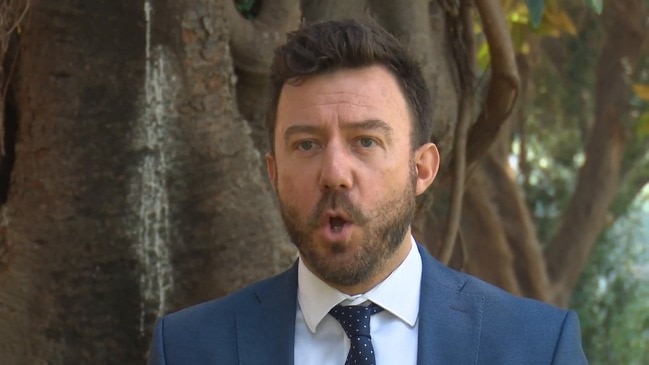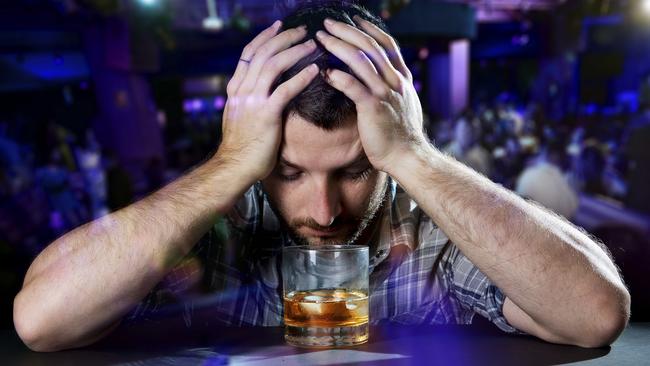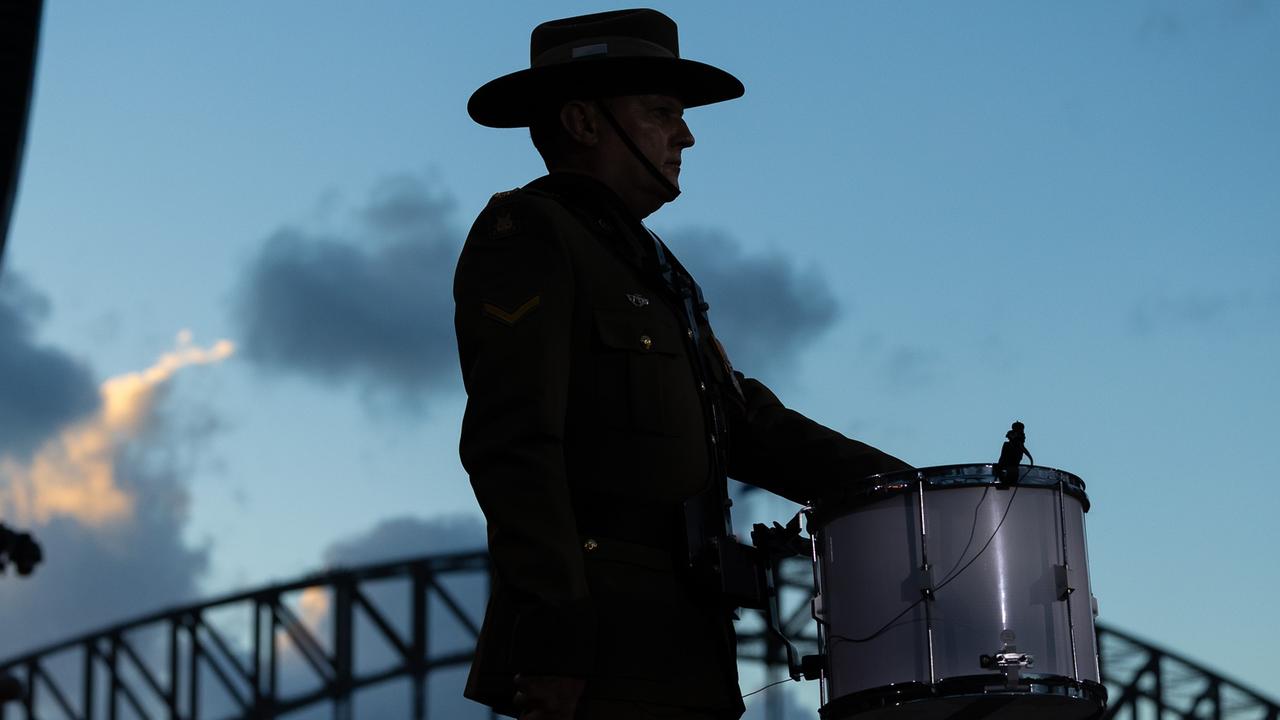Study shows 30-day rehabilitation program benefits teens with drug problems
A groundbreaking study has shown the time needed for a residential rehabilitation program to have an effect has significantly dropped.

NSW
Don't miss out on the headlines from NSW. Followed categories will be added to My News.
Just 30 days can change the life of a young adult battling drug and alcohol problems, a groundbreaking study has revealed.
The study of young people aged between 13 and 18 who took part in the two Ted Noffs Foundation adolescent drug treatment programs in Sydney and the ACT found that up to 15 years later, their health was better than a comparison group of other people their own age.
The University of NSW Sydney study found that the average risk of hospitalisation for the young people who had gone through the rehabilitation was 23 per cent lower for a physical injury, 38 per cent lower for a mental health problem, 41 per cent lower for a substance use disorder, and 29 per cent lower for an organic illness.

Associate Professor Sally Nathan said one of the important findings was that 90 days had previously been seen as the minimum time needed for a residential rehabilitation program to have an effect.
“However, we found that 30 days or more of treatment was associated with a lower rate of hospitalisation for all diagnostic categories, including substance use problems” said Associate Professor Nathan.
“In other words, 30 days is the likely turning point.”
The Youth Pathways study, funded by the Australian Research Council followed over 1700 young people over 15 years using criminal and hospital data and compared the details with a group of young people who were referred to the programs run by the charity but did not attend or dropped out.
Its significance is reflected in the hospital figures which show that in 2008-2009, there were 8442 young people aged 12- 24 where the main diagnosis was for mental and behavioural disorders due to alcohol or drug abuse. That was a rate of 218 per 100,000.
Over half, or 61 per cent, were for alcohol abuse and 14 per cent for cannabis use which has increased over the past five years.
Amphetamine-related hospital visits in 2011–2012 for those as young as 10 to 19 were the highest since 1993–1994 and have gone up over the past three years.
Only 23 per cent of the young people reported ever receiving help.
The CEO of the Ted Noffs Foundation, Matt Noffs, said the findings were important for the health of the young people but also because they could potentially significantly reduce the burden on hospitals during Covid and save money.
“Even in the age of Covid, alcohol and drug use is the leading cause of the burden of disease among young Australians,” he said.
“Both UNSW and Noffs hope that by intervening early to support young people from diverse backgrounds who develop problems with alcohol and other drugs can have a major impact in reducing adverse health outcomes and setting them up on a more positive life pathway.
“This study shows that it also helps the rest of the community too.”




